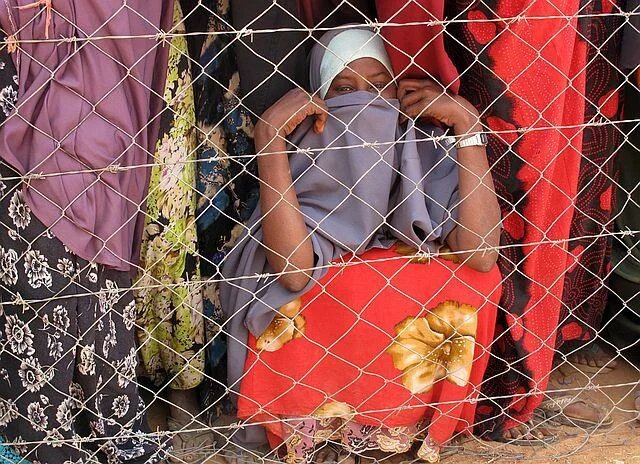
Using the words of A.C. Grayling, the principle underlying democracy is that it gives the enfranchised an important say in running of their society, through mechanisms which allow for peaceful changes of governments and open and inclusive governance systems. A central feature of a democratic order is the rule of law, and correlatively the idea that law applies equally to all and its remedies are equally available to all. A set of civil liberties is also essential to the operation of democracy, such as freedom of expression, the right to assembly, and liberty in respect of political choices.
A contradictory trend has emerged mostly in East and Horn of Africa, the deepening of democratic recession, driven by both subtle and overt forms of political manipulation by regimes in the region-whether through change of constitutions, or attacks on critical civic actors. Patriarchy is seen as one of the drivers for the entrenchment of the status quo- those who hold power will never be benevolent enough to cede power to another. Increasing numbers of women have gained entry into the arena of representative politics in recent times. Yet the extent to which shifts in the sex ratio within formal democratic spaces translates into political influence, and into gains in policies that redress gendered inequities and inequalities remains uncertain.
Successive African governments, including governments in the East and Horn of Africa, have promised their citizens dignity, equality, human rights and a better life. However, progress to achieve these ideals remains hampered in various respects. The continuing resilience of political optimism among citizens is of interest; a plethora of new democratic spaces have been created – both online and offline– which hold the prospect of democratizing other political spaces beyond those of formal politics. Within this, vibrant groups of civil society and in particular, feminists, have emerged in the region, largely using online platforms to challenge norms and push for debate on critical issues including patriarchy, broader human rights issues and democratic roll-back.
On this background, Heinrich Boll Foundation in partnership with African Feminism seeks academic contributions that illustrate the convergence and/or role of patriarchy in the roll-back of democracy in East and Horn of Africa, as well as the role of feminist theory and practice in widening democratic spaces. We encourage African writers from or working across the region to submit abstracts for papers on a topic of their choice relating to the theme.
Abstracts must include sufficient information for reviewers to judge the nature and significance of the topic, the adequacy of the investigative strategy, the nature of the results, and the conclusions. The abstract should summarize the substantive results of the work and not merely list topics to be discussed. Abstracts should be no more than 500 words, formatted in Microsoft Word, single-spaced, size 12 and Times New Roman font.
Submission Guidelines
The deadline for submitting a detailed abstract (500 words) and full author details is 24th May 2019. Selection of papers is based on the abstract, and presenters will be notified whether they have been successful by 31st May 2019.
- The full paper is due on 15th July 2019 and must be an original Academic submission not presented or published elsewhere.
- Both abstracts and full papers should be submitted as a MS Word file by email: africanfeminism@gmail.com.
- Full Papers should be no more than 5,000 words, single spaced in Times New Roman 12 point.
- The paper will be checked for plagiarism and detection of the same will lead to disqualification. APA is the recommended reference format.
- Both the abstract and full papers should be in English. The author(s) should indicate personal full contact details and include a brief biographical note with the abstract.